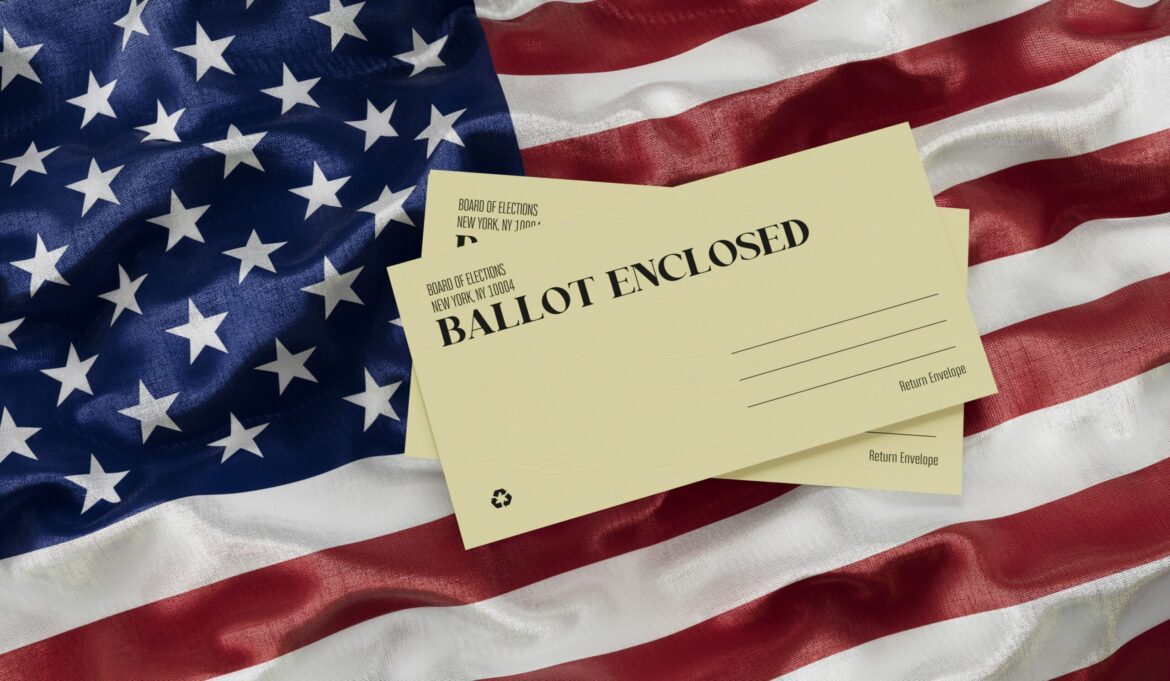Controversial voter identification laws have ignited a fierce national debate as states like Georgia and Florida advance legislation mandating voters to present government-issued photo IDs before casting their ballots. Proponents of these laws assert that requiring identification is vital to combatting voter fraud and maintaining election security. However, opponents argue that such laws disproportionately target marginalized communities, particularly people of color, the elderly, and low-income individuals, who may struggle to obtain the necessary forms of identification.
Supporters of voter ID laws contend that the measures are a necessary safeguard against fraudulent voting and are consistent with other identity verification protocols in modern society. They point to incidents of voter fraud, even if rare, as evidence of the need for increased safeguards to ensure the integrity of elections. For example, Georgia Secretary of State Brad Raffensperger defended the laws, stating, “These laws are about protecting the integrity of our elections.”
However, critics, including prominent figures like Rep. Stacey Abrams and NAACP President Derrick Johnson, argue that the laws serve to disenfranchise specific voter demographics. Abrams described the push for voter ID as “a thinly veiled attempt to disenfranchise voters, particularly communities of color.” She and other critics argue that the requirement for government-issued photo IDs is an unnecessary obstacle for many eligible voters, particularly those in historically marginalized groups who may face challenges in obtaining such identification.
The laws also pose particular challenges for elderly voters, who may no longer drive or have access to the documents needed for a photo ID. Additionally, many low-income individuals may not have the time or resources to obtain a government-issued ID, particularly if they live in rural areas where access to DMV offices or other locations to secure these IDs is limited. These concerns have sparked calls from activists and Democratic lawmakers for federal intervention to ensure that voting rights are protected and to counteract state-level restrictions.
The debate has revealed deep divisions in American politics, with Republicans largely supporting voter ID laws as a means of ensuring electoral integrity, while Democrats and voting rights advocates see the laws as a barrier to full and fair participation in the democratic process. The issue has reignited discussions about the accessibility of voting and whether such laws violate the fundamental principle of equal access to the ballot box.
As the debate continues, national organizations like the NAACP have vowed to fight against the implementation of voter ID laws that they view as discriminatory. “We will not stop fighting until every eligible voter can cast their ballot without unnecessary barriers,” said Derrick Johnson, underscoring the ongoing battle over voter access in the United States.
This issue is set to remain a significant point of contention in the coming months, as state legislatures consider further restrictions or expansions of voting access, with potential implications for the 2024 elections.

